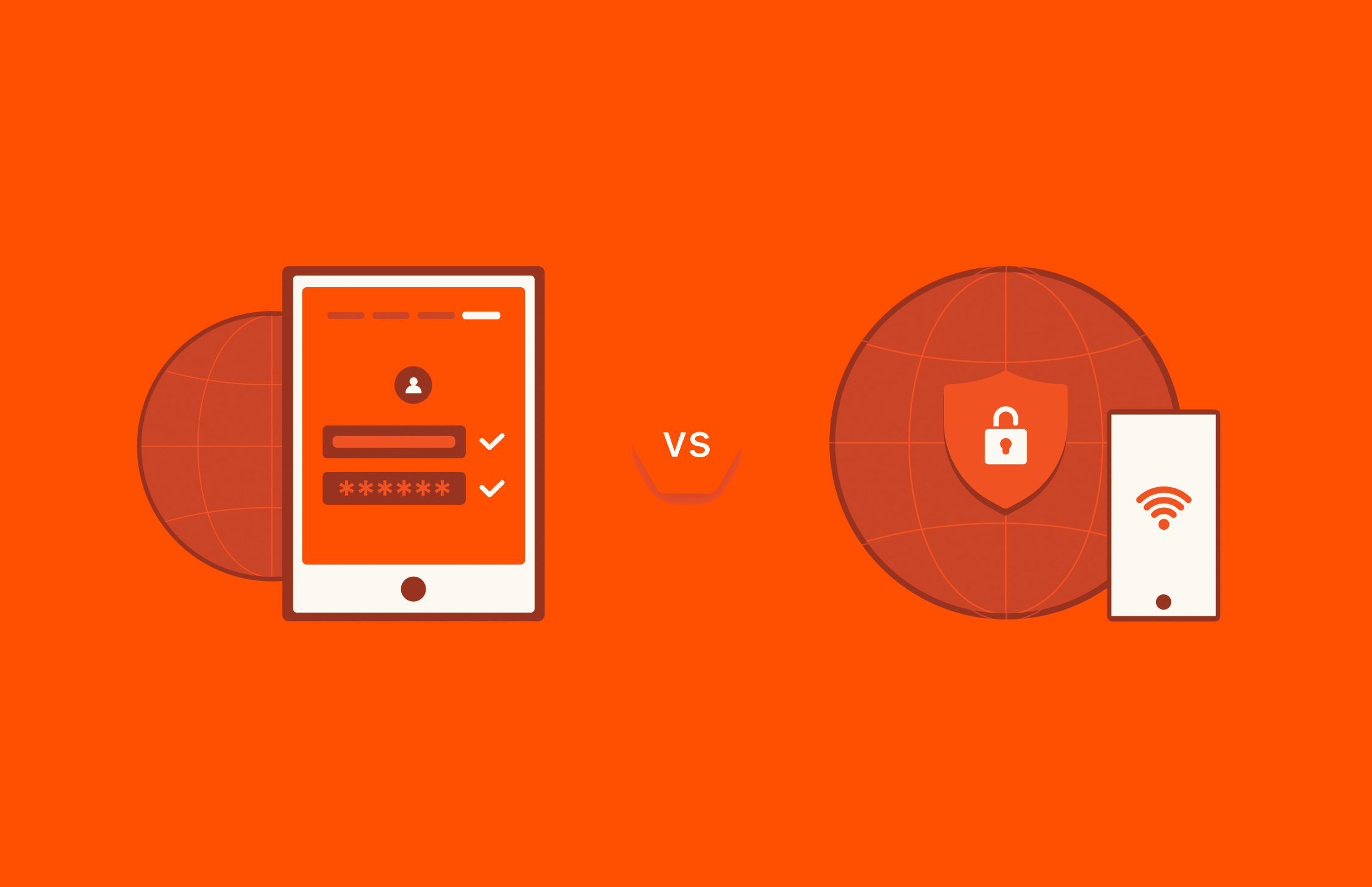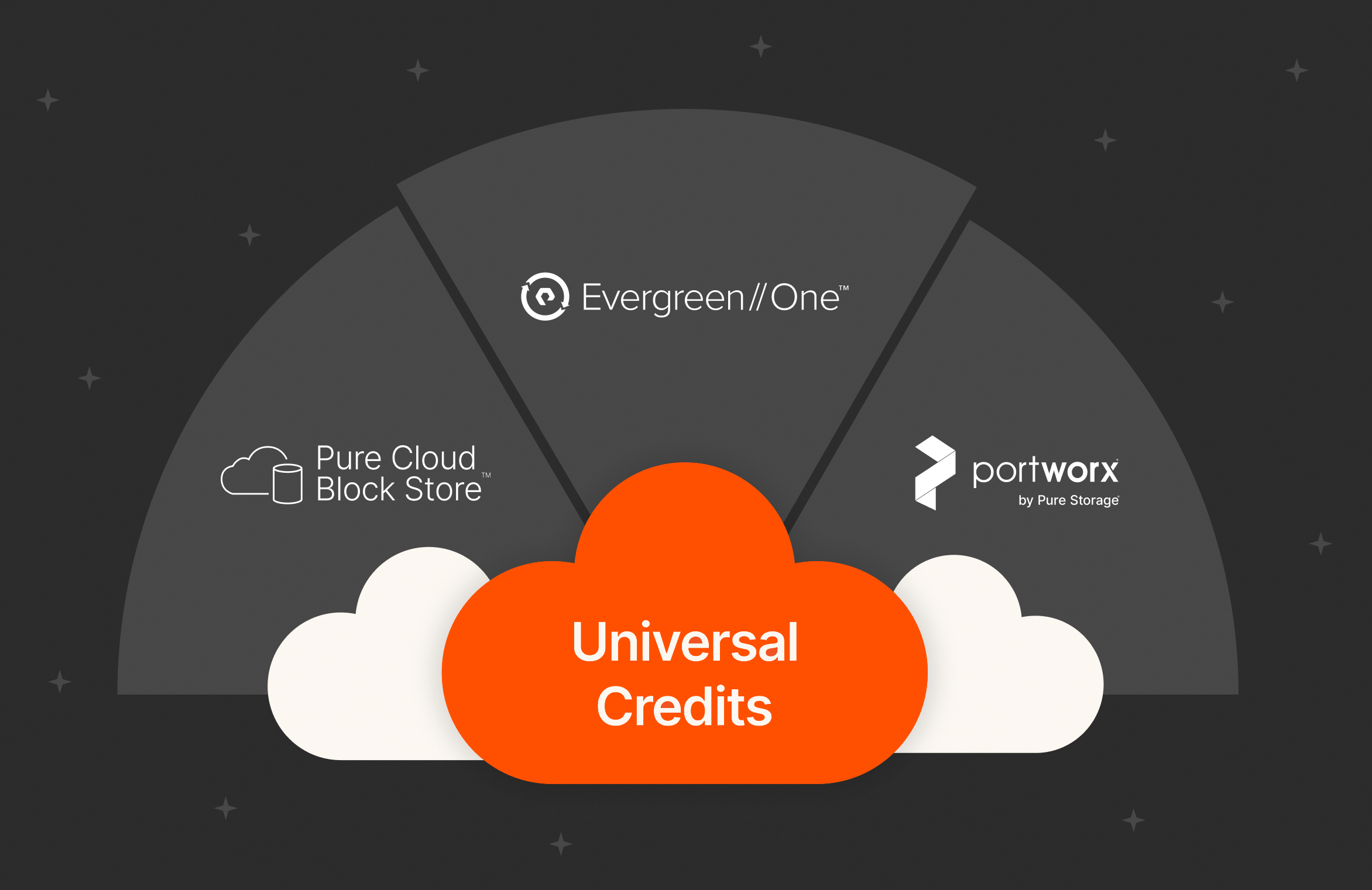Evergreen Subscriptions
-
From Evergreen to FlashArray//RC20: Innovation Flies Again
With FlashArray//RC20, we’re doing more than just repurposing—we’re remanufacturing with purpose. Learn more about our smart reuse strategy.
By:
Featured Articles
FlashBlade//EXA is a reflection not only of our innovation engine but our ability to innovate rapidly while staying true to our promise of simplicity, consistency, performance, and efficiency. It sets a new standard for AI and HPC data storage performance, scalability, and adaptability.
Charles Giancarlo
CEO












